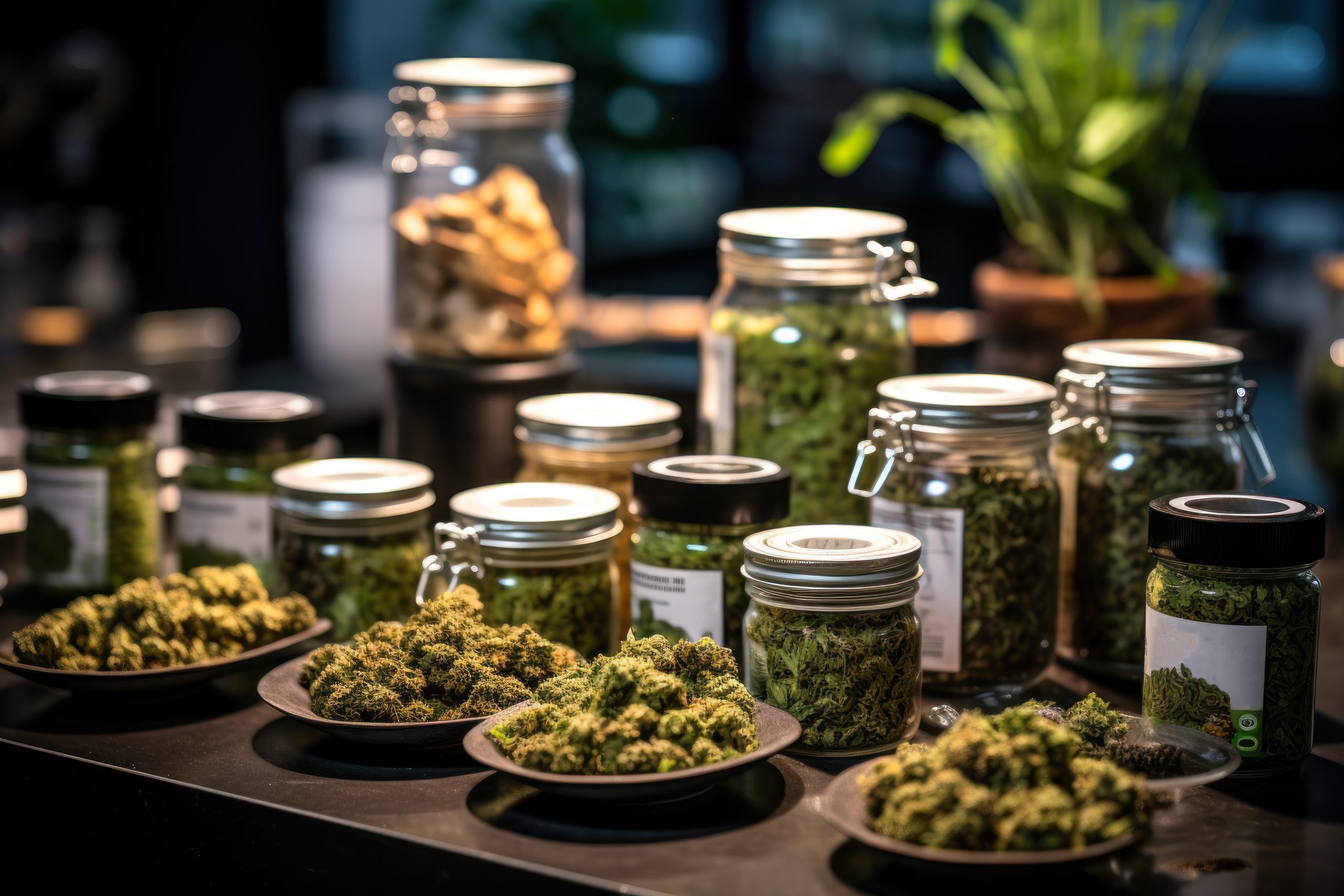
Yes/No Questions:
1. Are you a homeowner? Yes
2. If the City police force was fully staffed, would you advocate for adding more officers? No
3. Do you believe there’s a need for more housing in Lafayette? Yes
4. Do you believe the City should spend more money on homelessness services? Yes
General Questions (no more than 300 words):
1. Why do you want to be a council member?
Lafayette has been very good to me and I feel the responsibility to give back. I want to help make this community even better.
Throughout my educational and professional experience, I have been able to think through and work on a number of critical regional issues (waste and recycling, air quality, climate, transportation, etc), so I feel that I can bring tremendous value to the council and to our community.
2. When was the last time you paid rent, and where was that?
I have lived all around Boulder County, purchasing my home in Lafayette in 2019. Prior to that, I rented in 2017-2018 in Louisville, in Lafayette in 2016, and in Longmont from 2013-2016. Before that, I rented in Boulder while at CU-Boulder, and lived in Boulder with my family before attending college. So I have a strong understanding of many of our communities here in East County, and am quite familiar with the housing dynamics in the region.
3. Boulder County has experienced extreme natural disasters over the last decade, including flooding and wildfire. How do you plan to address these challenges?
We need to transition from focusing primarily on Sustainability, to Climate impact mitigation and resiliency. I have been heartened by the good work that our Sustainability and Resiliency Advisory Committee (which I serve on) has done so far in this arena, but there is more work to be done, specifically a Community Resiliency Plan.
Our Climate Action Plan is almost complete and should be presented to council this winter. Resiliency will be an element of that document, however, we should also consider a more in depth community resiliency plan.
4. How do you think you stand out from other candidates?
In my professional career and educational experience, I have wrestled with challenging and complex problems, and am good at taking a measured and reasoned approach to these challenges. Currently in my position at the Denver International Airport, I manage a team that oversees our Air Quality, Climate Action, and Waste Diversion efforts. DEN operates like a small city, with millions of people coming through every year (well on our way to over 100 million passengers annually), and succeeding in such a complicated environment gives me a good foundation to succeed on Lafayette City Council.
I also bring a balanced approach that I think is unique – I am strong on some of the most important issues for our community and want to push things forward, but I am also keenly aware and concerned about ensuring we maintain a strong fiscal position as a city. We simply cannot do the things that we want to do to move into the future without a solid financial base. This balance will make me a strong city council member.
5. What question would you ask a fellow candidate on the ballot?
How would you approach a fellow council member that doesn’t agree with you on a core issue?
We will be most successful when we can disagree respectfully and with passion, interrogate important issues, and come to reasoned decisions. I look forward to working with my fellow council members, even if we disagree at times.
6. What are your solutions for the growing population of people experiencing homelessness?
Homelessness is not a monolith – there are many varied reasons why someone is homeless, and we need to understand the complexities and meet folks where they are in that complex web. We can then work toward specific solutions based on what is going on in their lives. For someone struggling with substance abuse, find them help on their path to recovery. For someone from our community who has recently become unhoused; get them access to housing and the services needed to get them back on their feet. For someone of a more transient nature, understand what is going on in their life and help them based on those needs.
It is unfortunately not a one size fits all policy solution. Understanding those complexities and meeting folks where they are will help us improve the situation, even if we cannot fully solve the problem.
7. What’s your plan for creating more affordable housing in Boulder?
We have great things going on in Lafayette for affordable housing: we just broke ground on the largest affordable housing project in the State – Willoughby Corner. So, there’s one way to create more affordable housing – build the units. I’m also open to allowing ADUs in our community, which will help some with additional housing stock. We do a better job than many communities, but we still have work to do in Lafayette. There will need to be regional collaboration and state support to get us where we need to go. The most critical role that a city councilor for Lafayette can play is to advocate for progress and work closely with colleagues from our neighboring cities to work together toward solutions.
As a final comment on affordable housing, we need to be sure to advocate for all cities in the front range to also do their part in building affordable housing. Lafayette has been a leader on this, and we will continue to do so, but we all need to do our part on this important issue.
8. How will you address climate change? How do you plan to meet Lafayette’s climate goal of 100% renewable energy by 2023 and an 80% reduction in greenhouse gas emissions by 2050?
I get up every day and think about climate for our region. In my position on the Sustainability and Resiliency Advisory Committee, I am familiar with what our city is doing to reach our goals. Let me take each question in turn:
· 100% Renewable Energy by 2030: I am heartened to see Xcel’s progress toward their 80% carbon emissions reduction goal by 2030, but we also need to invest in our own renewable energy generation right here in Lafayette. We need to either build our own solar arrays or invest in power purchase agreements to get to our 100% goal. The great news is that with the economics of solar changing over the last 10 years, this goal is certainly achievable. We will also need to be cognizant of battery backup needs as we get farther down this path. The good news is that battery technology continues to progress; Lafayette should be a leader in this space for both sustainability and resiliency reasons.
· 80% GHG reduction by 2050: The key to this goal is its community wide nature, which will prove to be more challenging compared to a city operations focused goal. But given the focus on carbon emissions reduction by our region and state, and the resources that are coming from federally and from the state, we should be able to get this done in a just and equitable way. It would take us a few pages here to really talk to each emissions category in depth, but to be brief, we need to tackle each sector (residential energy, commercial energy, transportation, etc.) with specific solutions for that sector, i.e. use the right tool for the job.
I have a lot of thoughts on this topic and look forward to being a leader for our city on climate.
9. What are your goals for transportation and how will you achieve them?
Lafayette has long wrestled with transportation challenges, being at the confluence of multiple transportation corridors since our founding. Our goals as a community for transportation should be increased access to reliable and convenient mass transit, upgraded and improved multi-use paths around our community, and upgraded road infrastructure on key transportation arteries that go through Lafayette.
For each of these goals, we need to have distinct strategies. For anything dealing with mass transit, we need to continue our strong relationship with RTD and strengthen our advocacy for our communities’ needs. For improved multi-use paths, we should continue to focus on and invest in our new multi-modal transportation plan and assess additional planning efforts that could increase our ease of mobility around Lafayette. And finally, for upgraded road infrastructure on key thoroughfares, we need to continue our strong advocacy with CDOT and be prepared to jump on regional, state, and federal funding opportunities for projects that can upgrade the roads that go through our city.
10. How do you plan to engage non-English speaking constituents?
We need to meet folks where they are and work directly with leaders within the community to engage effectively. Too often, we sit back and wait for folks to come to council meetings or seek us out at events. Lafayette is better for our diversity, and we need to make sure that all voices in our community are heard.
Additionally, for all city communications and outreach, we need to go above and beyond to make sure that we are translating accurately and reaching out directly to gain feedback from our non-English speaking neighbors.
11. How does diversity factor into your policy making?
Diversity strengthens organizations, communities, and is vital to strong decision-making. I see firsthand the strength that diversity brings to our airport in our decision-making and culture at DEN. Listening to diverse voices in our policy choices is absolutely critical.
12. How will you reach residents who have different lived experiences than you?
I think the best way is to be present in the community asking folks their perspective on different issues that are important to our city. My best skill is my ability to connect with a diverse range of people, so getting out and connecting with folks who have a different life experience than me is something that I do really think I am good at.
13. Rank your top 5 issues in priority
- Climate Action
- Responsible Growth
- Fiscal Prudence
- Affordable Housing
- Maintaining and upgrading our infrastructure



